
Ry Cooder’s been called a lot of things: A “musician’s musician” and a “musical archeologist;” a virtuoso of rock and blues guitar; and an explorer of international styles. But no one has ever labeled Mr. Cooder, 64, a folksinger. No one has accused him of singing protest songs and serving up social commentaries in the tradition of Woody Guthrie, Pete Seeger, Phil Ochs or Bob Dylan. Mr. Cooder’s most recent album, Pull Up Some Dust And Sit Down (Nonesuch), may change that perception.
It is an overtly political work rooted in his anger over the country’s financial collapse, the bailout of America’s big banks and what Mr. Cooder feels are senseless wars. Employing everything from Mexican country music to rock licks, he has written a series of scathing protest songs aimed at Wall Street bankers, Republican politicians, former President George W. Bush, anti-immigrant vigilantes and war profiteers.
The first track, “No Banker Left Behind” — a stomping old-time, jug-band tune — paints an image of bankers fleeing the country after “they robbed the nation blind.” Then Mr. Cooder sings a Mexican waltz-time ballad about Jesse James, in which the Missouri outlaw asks God for his gun back so he return to earth from heaven and take revenge on the bankers. “You lined your pockets well but I’ll see you all in hell,” Jesse James says before opening fire. Other tracks are political satire: in one growling blues tune, the devil is working as a political consultant for the Republican Party.
Mr. Cooder spoke by telephone recently from his home in Santa Monica, Calif., about his new album and how it came about. Here are edited excerpts of the conversation:
Q.
Why do you think more musicians aren’t writing protest songs these days?
A.
I myself am not in touch with anybody, you know. I’m a hermit. I stay in my home pretty much you know and I sit in my chair and I do this because it’s what I like to do. There are a lot of people out there, playing instruments, more than ever before for sure, and they’ve got to be saying something. They must be. We may not get to hear them.
Q.
Is it risky for artists to take on such material?
A.
I don’t know what risk it would be honestly. Risk of what? They can’t keep you off the radio because you’re not on the radio. You’re not going to be on the radio.
Q.
This album plays with some themes you developed in Chavez Ravine and My Name Is Buddy. But those were concept albums about times past, and this one is about current events.
Q.
What changed?
A.
If you look at the Buddy record, the Buddy record could be about now. It was in the style of then, a more archaic style I suppose. Modest because it’s a cat speaking. We all know how cats think.
Q.
That album recalled the labor songs of the 1930s. Do you see parallels between the 1930s and today?
A.
Well, sure. It’s only obvious, isn’t it? You can’t find solidarity in this country anymore and that was the saddest thing. It was what I had in that mind when I made that record. Especially with this voting business, about how they want to restrict voting and go back to Jim Crow time. That’s the most appalling thing of all. What else can you do but respond to this? Otherwise they paint you in the corner, you get angry and it’s very bad for your mental health.
Q.
There has been a nod to social justice in your work, going back to your 1970 debut album, when you covered Guthrie’s “Do Re Mi.” Does this sort of music hold a special place in your heart?
A.
I always loved those songs. Woody Guthrie – I probably first heard him when I was 5. And those records and those photographs – the Farm Security Administration photographs – they made a big impact. I was intrigued by his voice. Of course, the guitar interested me. I was trying to learn them when I was a little kid. Somebody gave me a guitar. Gave me the Woody Guthrie records too. It was quite a package.
Q.
What do you hope people will take away from this album?
A.
I’ve always said I’m just a guitar player from Santa Monica. I really believe that’s true. But I think that music has a contribution to make and if you ever saw Pete Seeger take a whole room and transform it into a collective mind, you know, where he could produce solidarity by making people sing with him, in four minutes, and it was a tremendous thing to witness. If you want to say do I think this is going to make an impact? I have no idea. I just do this because I like to do it.
By JAMES C. MCKINLEY JR. (originally published in Arts Beat, The New York Times)

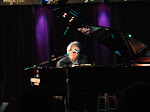









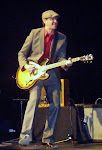



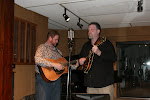.jpg)

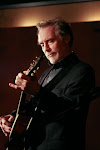.jpg)









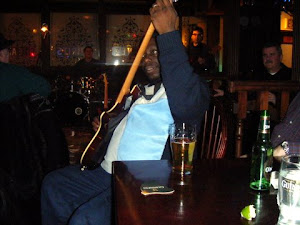



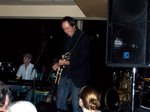
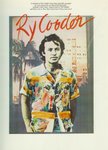
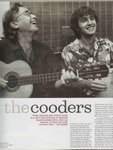
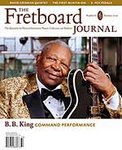
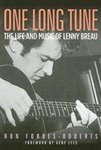


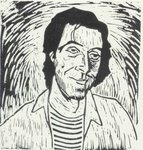


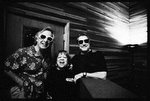



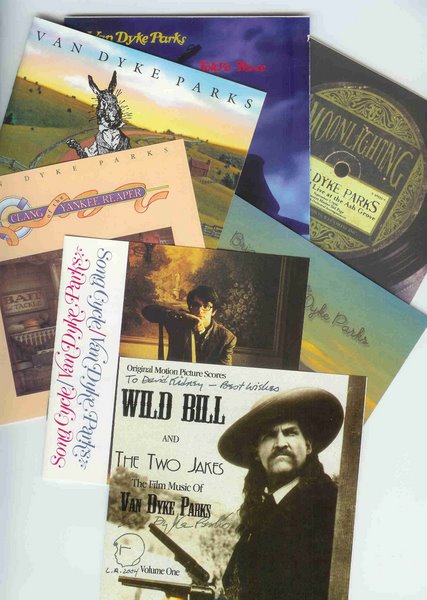



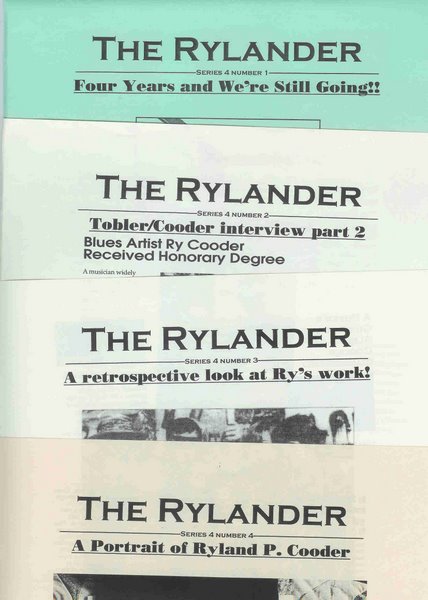



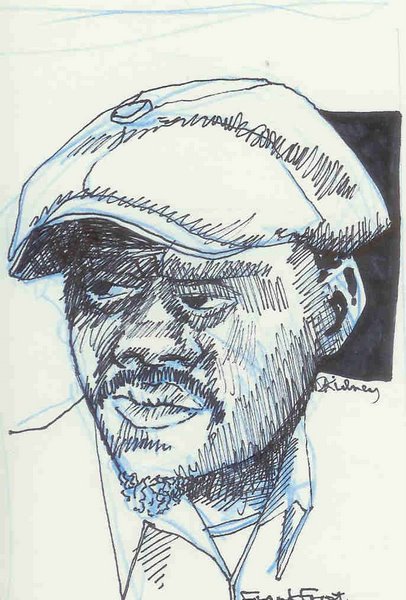
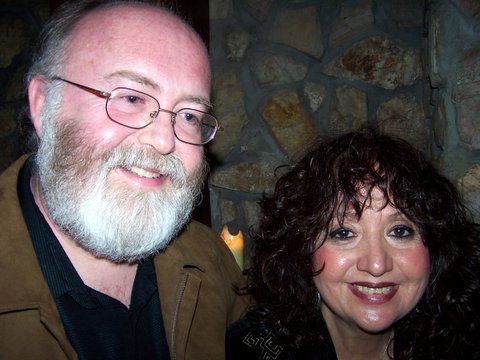
No comments:
Post a Comment